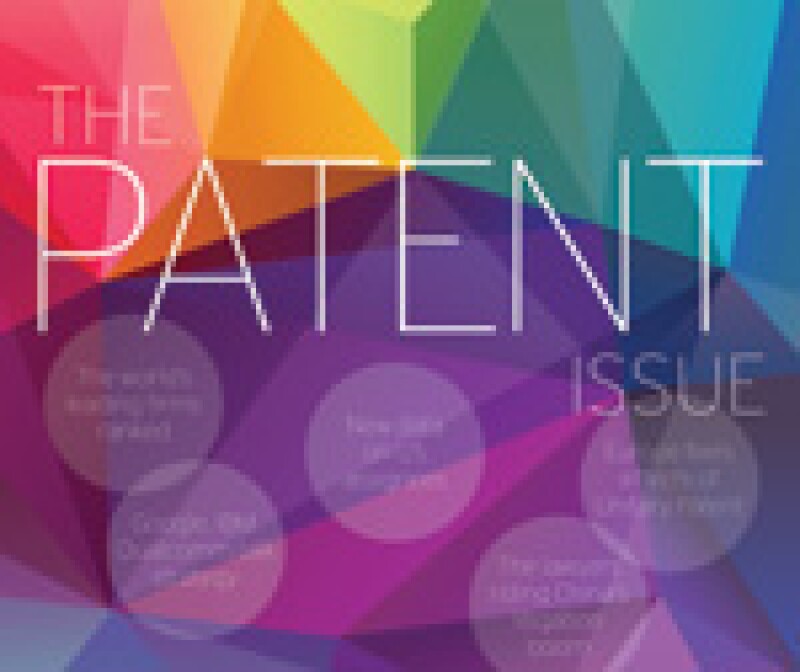Contents |

The rankingsLegal market analysisAmericas: The impact of US patent reform Asia: The firms making the most of Asia's growth Europe: How will firms respond to the UPC? Features |
How is the law changing, how are patent owners adapting and which firms are benefiting? This year's February issue of Managing IP brings together detailed US filing data, in-house interviews and rankings of the world's leading patent firms.
The Patent Survey ranks the world's leading firms across more than 80 jurisdictions, with breakdowns for specialist areas in the United States, including biotech and ITC work. And there are some interesting moves among the various tables. In China, for example, the increase in IP litigation work has led to firms such China Patent Agent (HK), LexField Law Offices and Fangda Partners moving up.
The rankings themselves are divided into four sections: Asia, Europe, the Americas, and Africa and the Middle East. This year there are then separate features analysing legal trends in the first three. You can find out how Indian firms have benefited from patent cases there, and how firms are already expanding in Europe ahead of the unitary patent.
Last, but by no means least, we have two features analysing US filing data released last month. The first looks at the tech companies that were granted the most US patents last year, and interviews Google, IBM, Microsoft among others about their intentions for the future. That includes why those companies hire the law firms they do.
The second feature, on China, points to the fact that surprisingly few of the country's big innovators are filing in the United States. The volume of granted patents may be up by 33%, but it is heavily concentrated among a few big companies, such as Huawei and Hong Fu Jin Precision Industry.
You can read the methodology for our rankings below, and click on the links in the contents above to read the various sections.
Survey methodology |
The IP survey consists of rankings of the leading firms practising intellectual property in each country, presented in tiers. The total number of firms listed in each jurisdiction varies according to the size of the market. The survey is not an exhaustive list of every firm in each jurisdiction; even firms listed in the lower tiers have been recommended by a number of practitioners and deserve congratulations on their inclusion. The second and third parts of the survey, covering trade mark and copyright work, will be published in the March and April issues of the magazine. The rest of the research, including extensive analysis and lists of the world's leading lawyers, will be published in the IP Stars Trade Mark and Copyright Handbook and IP Stars Patents Handbook, in May and July respectively. They will also be live on miphandbook.com during those months. The Managing IP awards, presented in London for the global awards and Washington, DC for the North America awards, are based upon the same extensive research but aim to reward firms that have had a particularly good year in 2013. The rankings presented here, by contrast, reflect a firm's standing in the market over several years. How the results are compiledA team of researchers based in London, Hong Kong and New York contacted firms in more than 80 jurisdictions to ask them for information and feedback on the rankings. Client feedback was also considered. Based on this research, firms are ranked in tiers in each jurisdiction. In most jurisdictions, there are separate tables for prosecution and contentious work. Prosecution work includes filing of patents and associated work in that jurisdiction, including filing for overseas clients. Contentious work includes all other legal work, such as enforcement and licensing. The tiers reflect the perception of the leading firms in each market, with the top tier listing those firms regarded as having the strongest practices in each category. Within each tier, firms are listed alphabetically. No one outside of Managing IP has seen the rankings before publication. No firm can vote for its own inclusion, or recommend an associated or sister firm in another jurisdiction. The rankings reflect the state of the market when the research was conducted, between September 2013 and January 2014. Managing IP itself does not recommend or endorse any particular firms. |










